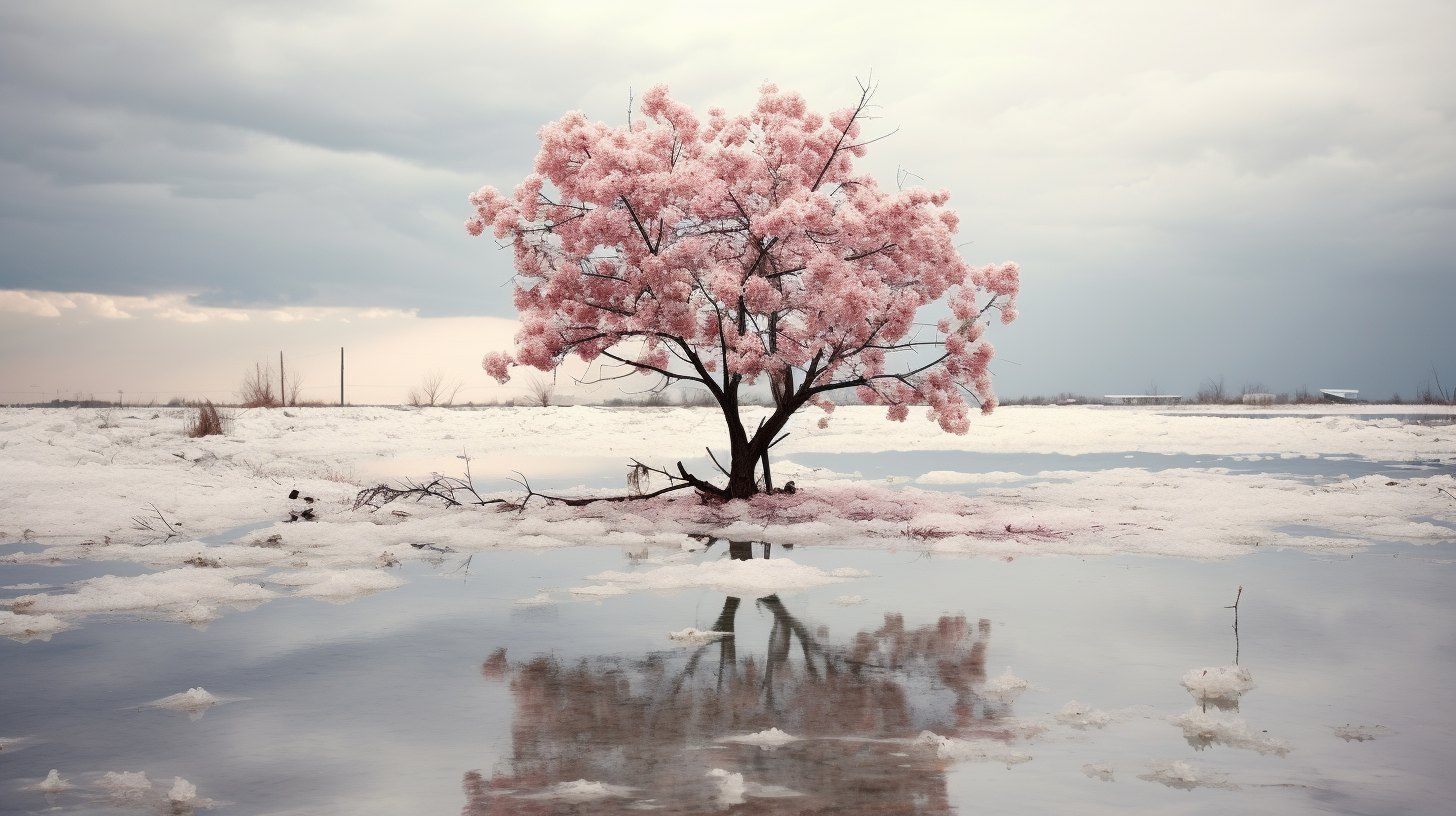Imagine a world where the blooming daffodils and fresh scent of rainfall no longer herald the arrival of spring. Consider the implications of a planet where winter’s frost merges seamlessly into the scorching heat of summer without pause for regeneration. This is not a tale from a far-fetched future; this is the stark reality we confront today. The era of distinct seasons has all but vanished, with an especially noticeable casualty: the disappearance of spring.
Once a time of renewal and birth across the biosphere, spring is now a fleeting whisper between extremes. The gradual escalation of global temperatures and the disruption of historical weather patterns have accelerated this transformation. Phenological mismatches, where flowers bloom earlier than pollinators emerge, have become commonplace, leading to broken links in the chain of life. The majestic symphony of spring, in which every creature and plant had a timed role, is now a muffled and erratic percussion.
It is a cascade of ecological instability; birds migrating north arrive to find insects, their primary food source, already peaked and declined. Farmers face unpredictable frosts that spell ruin for delicate crops. Human communities bear witness to the increase in allergens as plants frantically bloom in shorter timeframes. This environmental dystopia is not merely uncomfortable – it is a full assault on the natural world, our food security, and our health. Climate models predict, with unnerving certainty, a continuous plod towards even more erratic transitions, ultimately ending in the cessation of spring as we once knew it.
With grim curiosity, we press against the window, seeking remnants of the lost season amongst the stretches of brown and the encroaching wildfires that have taken to visiting earlier each year. The once vibrant tapestry of spring is now a monochromatic canvas painted with the brush of human negligence. Our collective failure to address the fallout from industrial practices and carbon emissions has fueled this fast-forward through the natural calendar. Seasonal markers are now mere relics of the past, confined to history books and the memories of a generation who once played under the springtime sun.
No longer a gradual transition, the shock of moving from winter to summer has profound effects on both flora and fauna. In certain regions, spring blooms last mere days before withering under harsh conditions, an ephemeral beauty swiftly choked by the rising heat. Extreme weather is no longer a distant warning but a present-day struggle. The imbalance in the natural order triggers food chain disruptions, devastates habitats, and portends a grim future for biodiversity. The fleeting nature of spring is a harbinger of the disarray that looms on the horizon.
The absence of spring is more than a collection of broken environmental processes. It is the erosion of cultural traditions that celebrate the season of growth, a poignant symbol of what we stand to lose. Festivals and holidays, from Easter to May Day, that once rejoiced in the rebirth of the Earth are now overshadowed by the dirge of its decline. We wander in a landscape gripping onto the remnants of a world that thrived on predictability and balance – two elements starkly absent from our current reality.
This article is not a eulogy to a season – it is a call to arms. While the possibility of reversing the total dissolution of seasons remains bleak, our actions today can slow the progression of this dystopian freefall. It requires an unprecedented mobilisation of communities, governments, and industries, echoing the urgency of our circumstances. It demands a radical rethink of our relationship with nature, rekindling the respect once universally afforded to the elements that sustain us.
The loss of spring may be irrevocable. Yet, in recognizing its disappearance and understanding the insidious ways this affects our world, we may find a sliver of resolve to fight for the fragments that remain. For while the landscape of loss stretches wide and the march of climate change thunders on, our collective spirit must rise like the stubborn green shoots in frost-, determined, at least, to bear witness and to act with renewed fervor. In this cinematic collapse of the environment, every action counts, no matter how small, against the swell of this tide.
